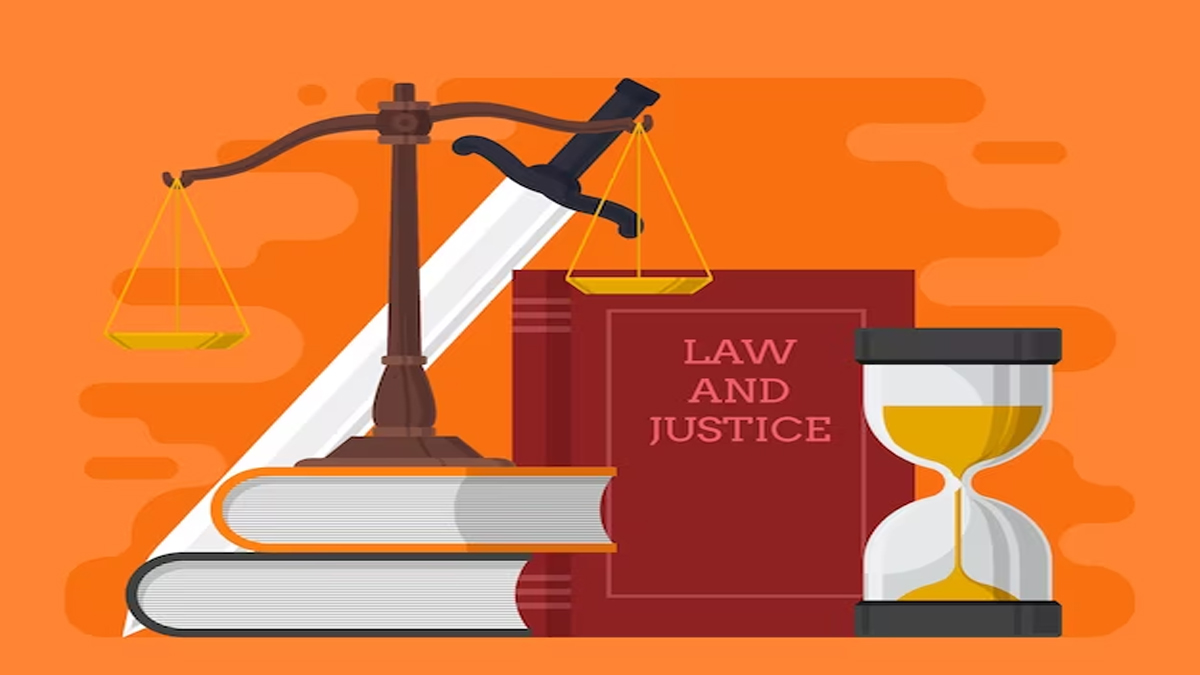Specifically, it deals with cases where a court can take cognizance of an offence on the basis of a complaint filed by the victim themselves.
However, the concept of judicial independence is distinct from the provisions related to taking cognizance of offences. Judicial independence refers to the principle that the judiciary should be free from influence or interference from the executive and legislative branches of government. It ensures that judges can make decisions impartially and without fear of retaliation.
While Section 19(1)(a) of the CrPC may not be directly related to the issue of judicial independence, there could be discussions or challenges related to its application that could potentially impact the broader concept of judicial independence.
For example:
- Selective Prosecution:
There might be concerns about how the provision is being used, with allegations of selective prosecution where cases are filed or not filed based on political, social, or other non-legal factors. This could challenge judicial independence if the court’s decision to take cognizance is influenced by extraneous factors. - Political Pressure and Bias:
The provision could potentially be misused for filing frivolous complaints against political opponents, putting pressure on the judiciary to take cognizance even when the case lacks merit. This could undermine judicial independence if judges feel pressured to rule in a particular way due to political considerations. - Efficiency vs. Due Process:
While the provision allows victims to directly file complaints, it might lead to situations where the court takes cognizance without proper investigation or assessment of the evidence. This could compromise due process and fair trial rights, affecting the independence of the judiciary in delivering impartial judgments. - Public Perception of Bias:
If there is a perception that the provision is being used to target specific groups or individuals disproportionately, it could erode public trust in the judiciary’s impartiality. This perception, even if unfounded, can undermine the credibility of the judiciary and its independence. - Role of Prosecution:
The provision might also raise questions about the role of the prosecution in such cases. If the court takes cognizance directly based on a victim’s complaint, it could diminish the role of the prosecution in filtering out cases with weak evidence or lack of legal merit. - Judicial Activism:
Challenges might arise if the judiciary starts actively taking cognizance of cases that could be considered outside the purview of their constitutional duties. This could lead to debates on whether the judiciary is overstepping its bounds and affecting the separation of powers.
It’s important to note that while these discussions might relate to aspects of the criminal justice system and the functioning of courts, they are not direct challenges to judicial independence caused by Section 19(1)(a) of the CrPC itself. Judicial independence is a broader principle that encompasses factors like appointments, security of tenure, financial independence, and immunity from external influence. However, debates and challenges related to the proper implementation of legal provisions like Section 19(1)(a) could have implications for the perceived independence of the judiciary in specific cases or contexts.
